With the Hawaii Mars now settled at its new permanent home in the British Columbia Aviation Museum, the focus of historic aviation enthusiasts has shifted to the Philippine Mars. On April 25, 2024, the Pima Air and Space Museum (PASM) announced via Facebook that it had acquired the Philippine Mars. Since then, however, little additional information has been released. While some unverified details have circulated on social media, the general public has yet to receive substantial updates.
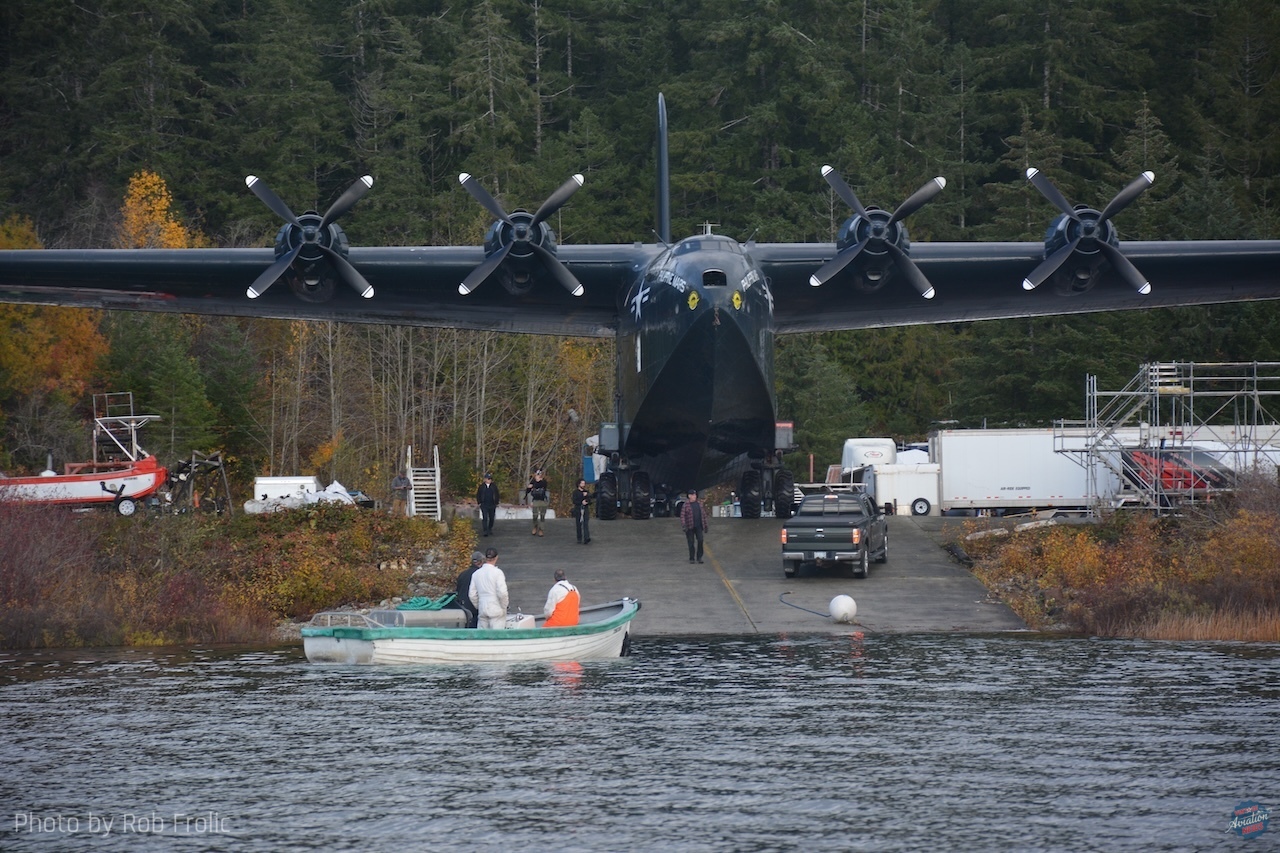
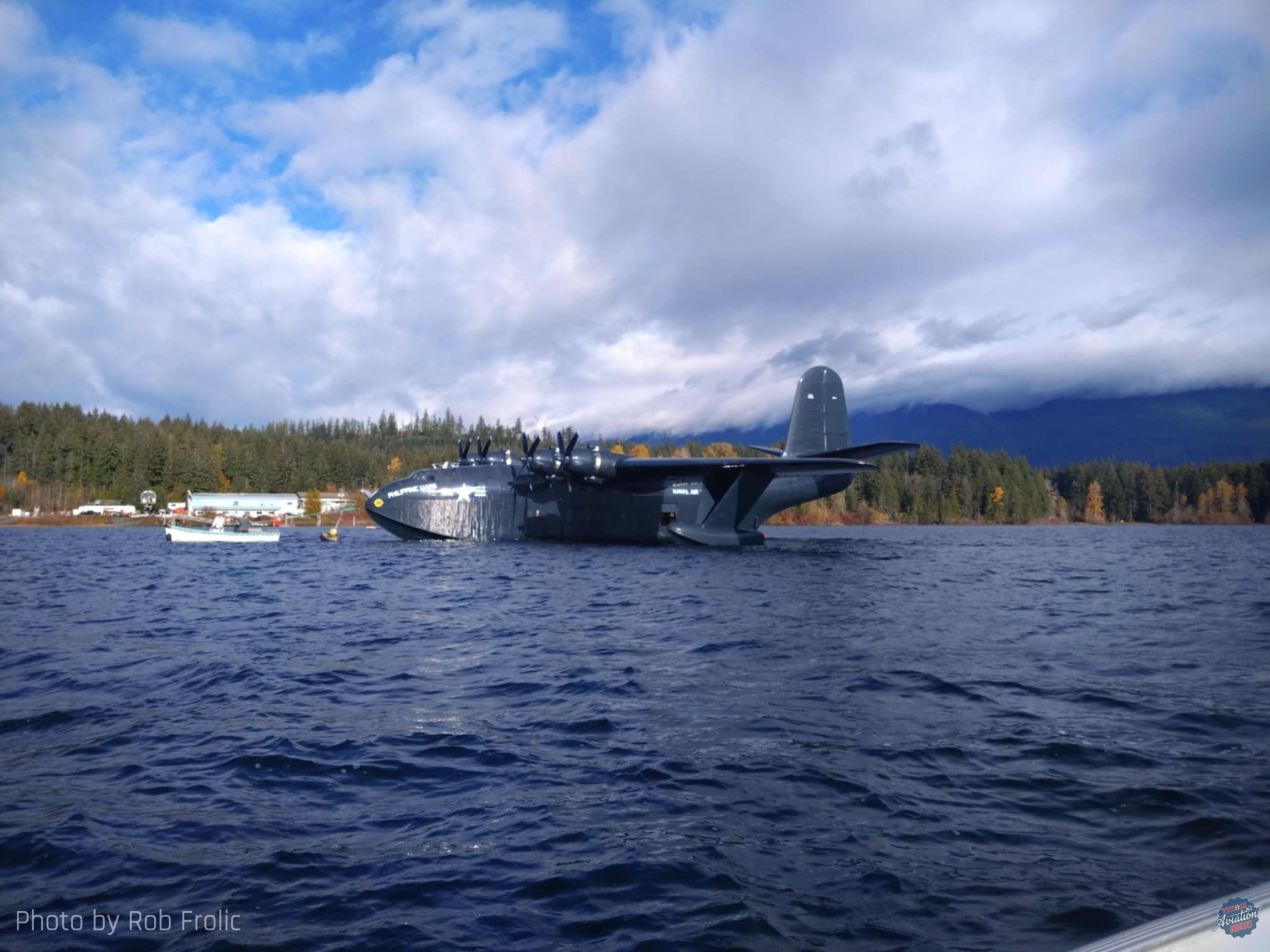
On Monday, November 4, 2024, the iconic WWII seaplane finally entered the waters of Sproat Lake. The Coulson Aviation team has been diligently preparing the aircraft for its ferry flight. After several years docked, all systems, cabling, flight controls, and engines underwent thorough inspections. The team plans to conduct taxi tests, log at least six hours of flight time, and, with luck, find a break in the weather for the journey to Arizona.
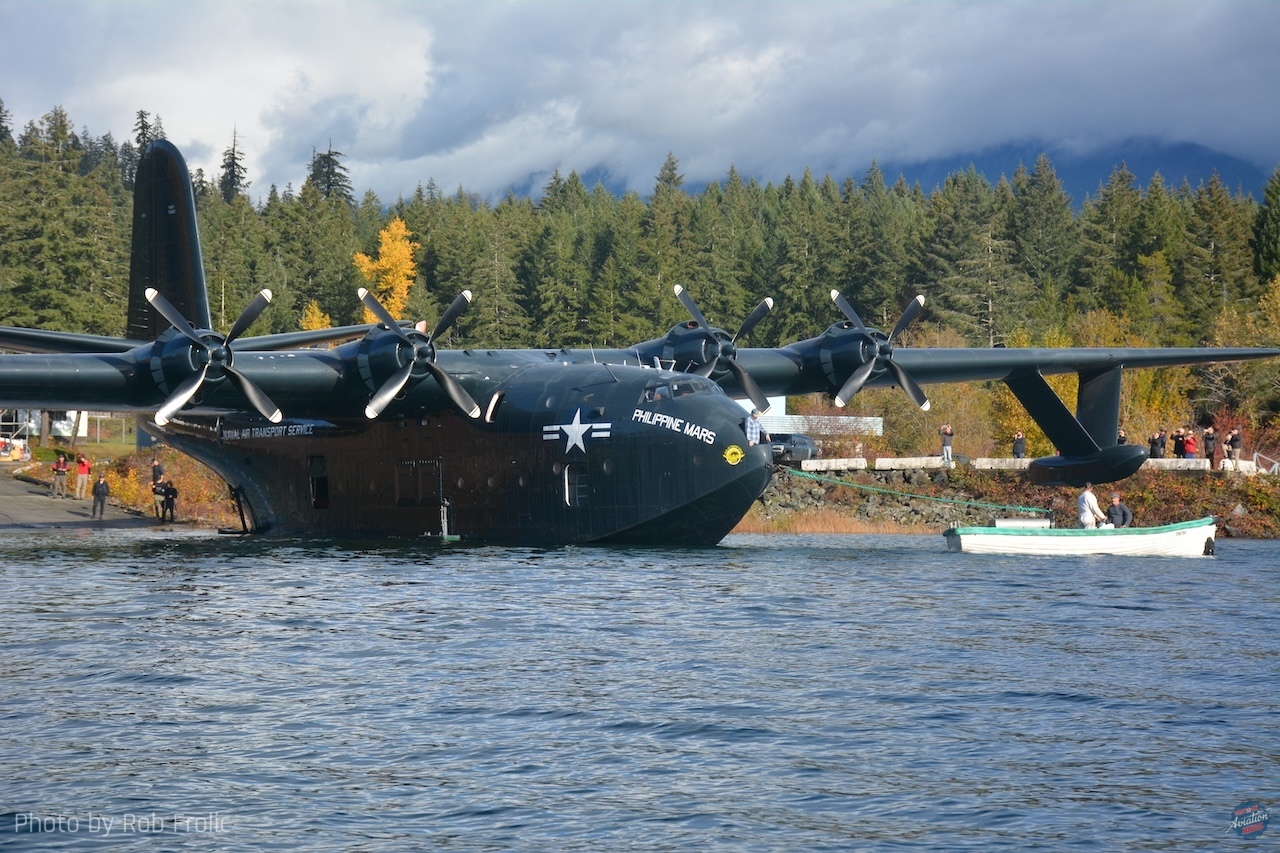
The Mars fleet, produced between 1942 and 1947, originally flew cargo missions between Hawaii and the Pacific Islands in support of the U.S. Navy during World War II. After the war, the aircraft were used for medical air transport and cargo lifts between Hawaii and California during the Korean War, before being decommissioned in 1956. Each of these impressive planes was given a proper name, perhaps as a nod to their nautical roots. The prototype was named The Old Lady, and the production planes were christened Hawaii Mars, Philippine Mars, Marianas Mars, Marshall Mars, Hawaii Mars II (after the original Hawaii Mars was destroyed), and Caroline Mars.
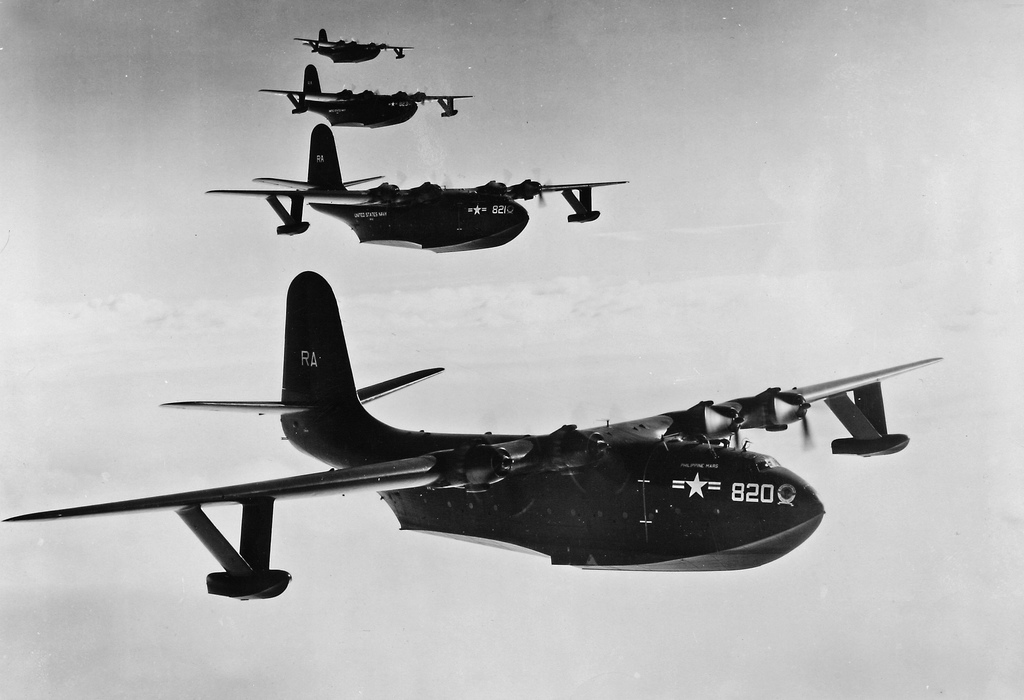
In 1958, the surviving fleet of four aircraft was sold to a consortium of timber companies in British Columbia, Canada, and converted into the world’s largest water bombers, each capable of carrying 7,200 U.S. gallons per drop. Coulson purchased two of the aircraft, the Hawaii Mars and the Philippine Mars, in 2007, marking the beginning of the company’s fixed-wing air tanker operations for aerial wildfire support.
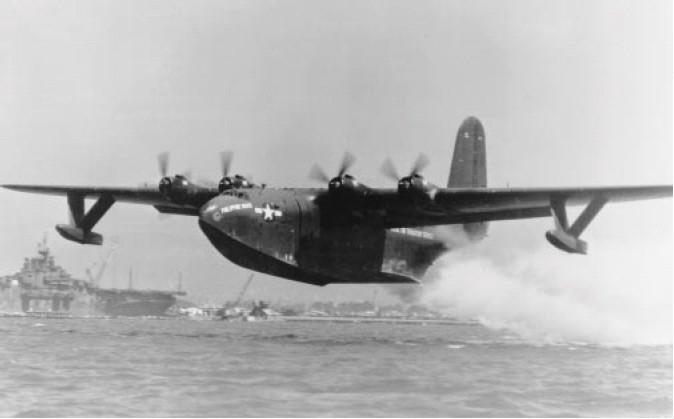
We are excited to see that both remaining iconic Martin JRM Mars aircraft will be preserved! As soon as Vintage Aviation News has verified updates, we will share them here.







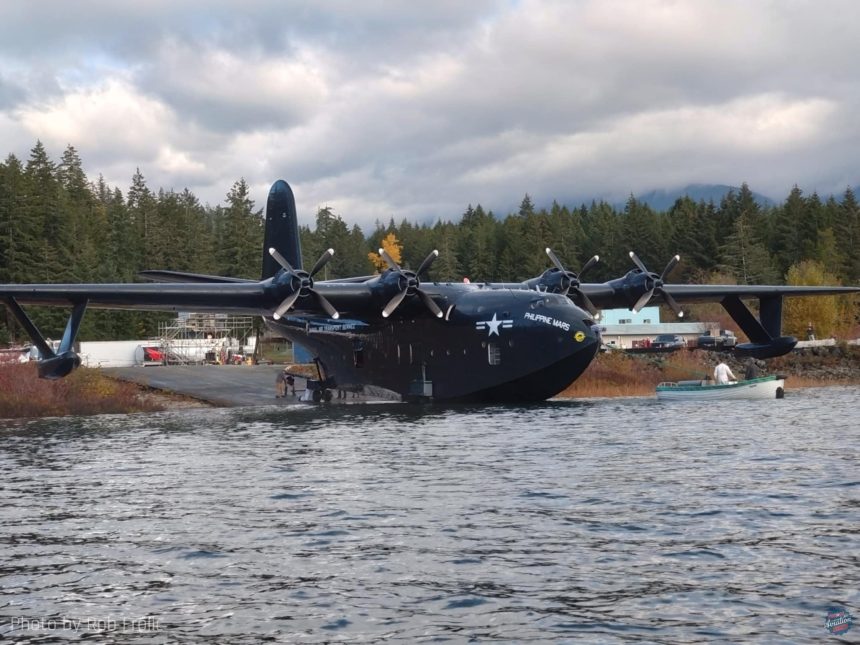

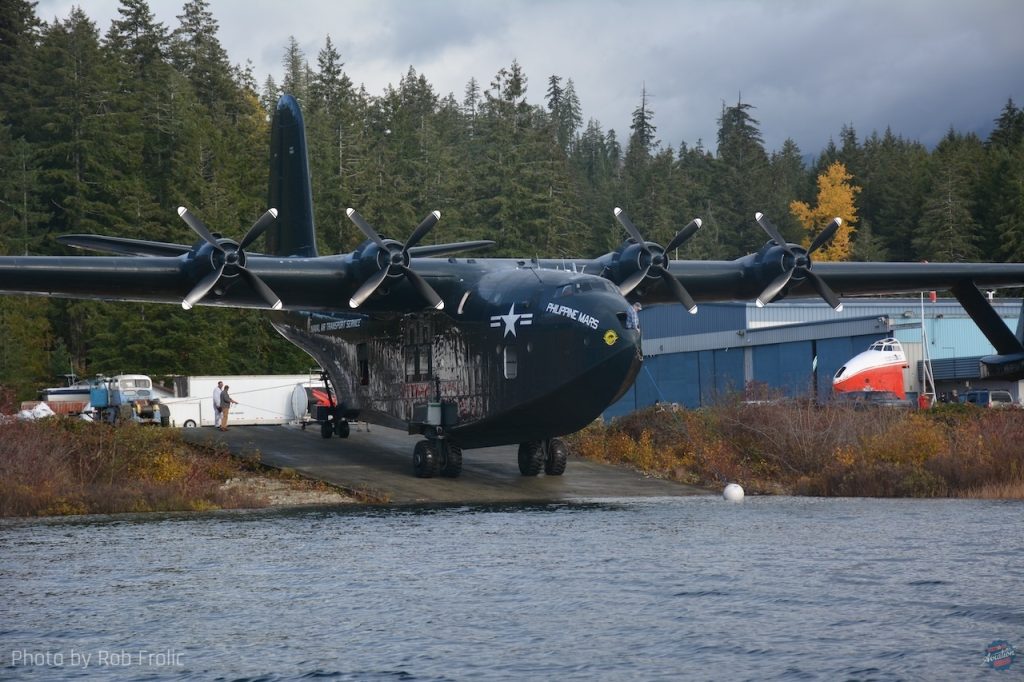
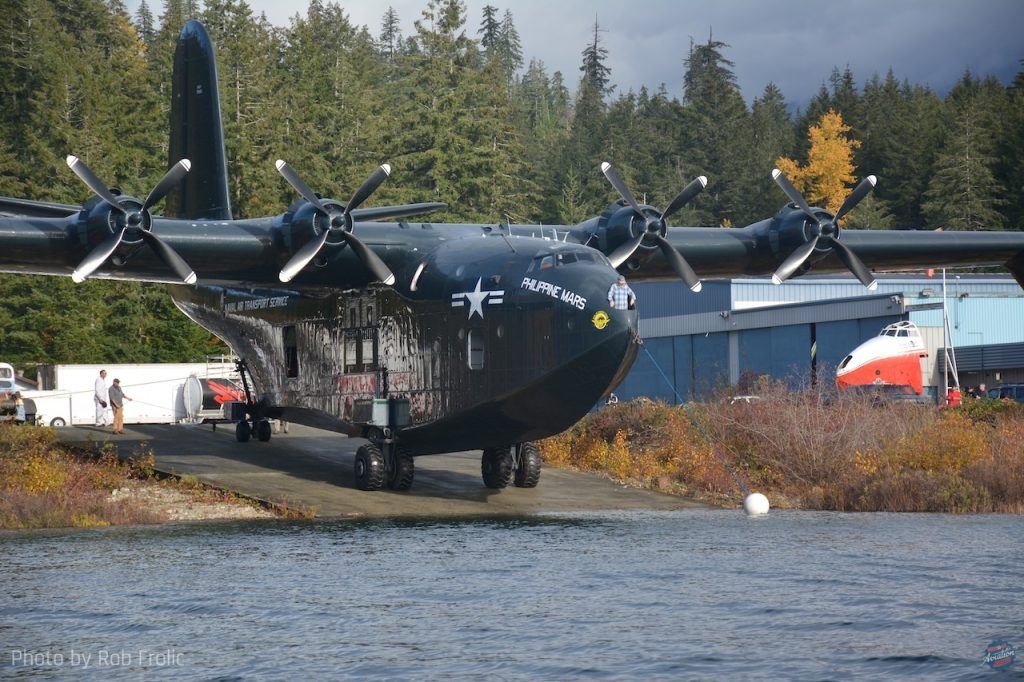
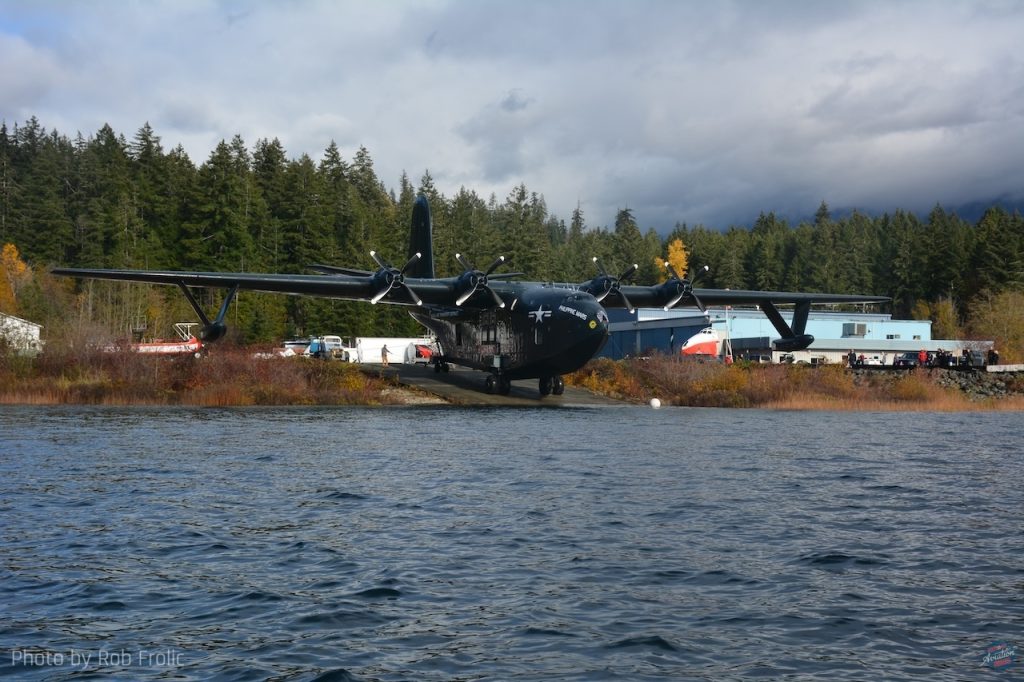
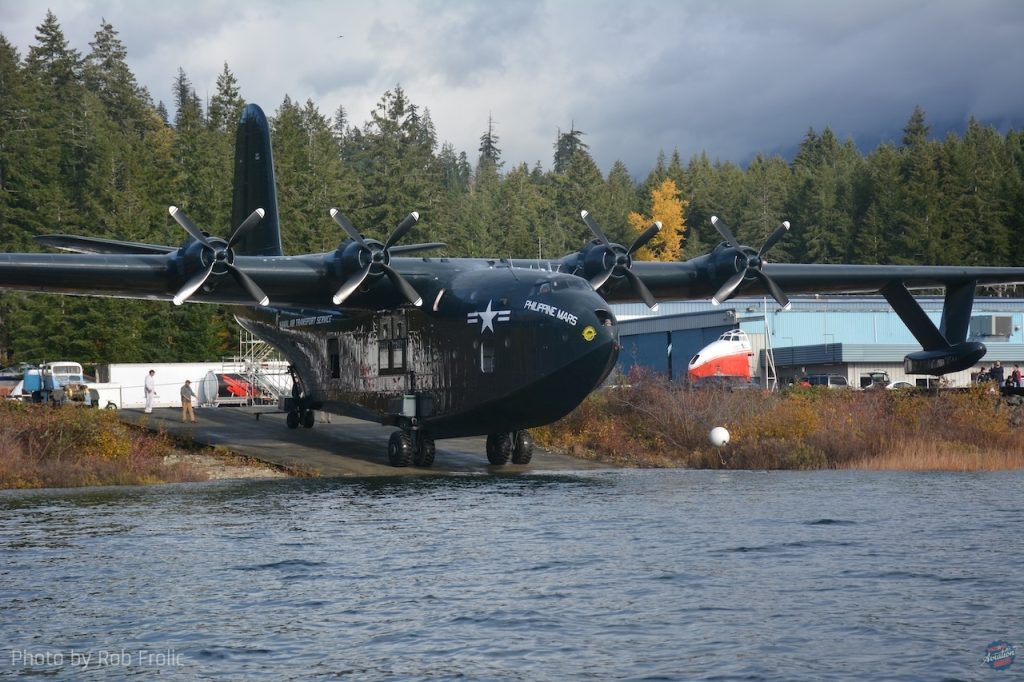
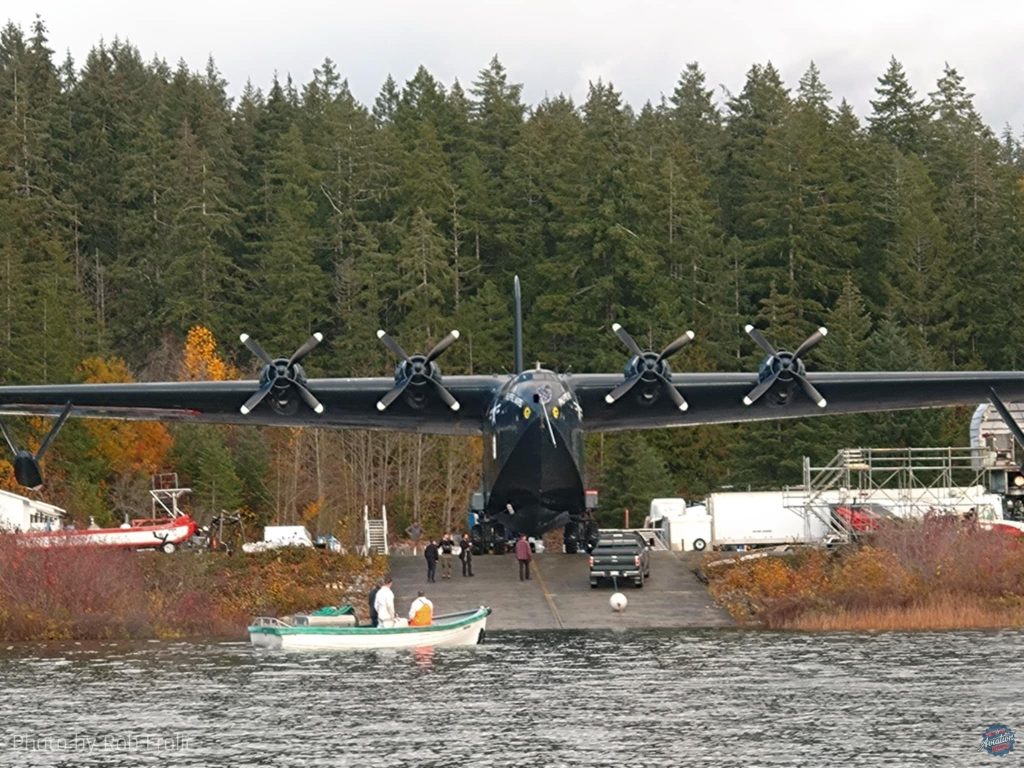
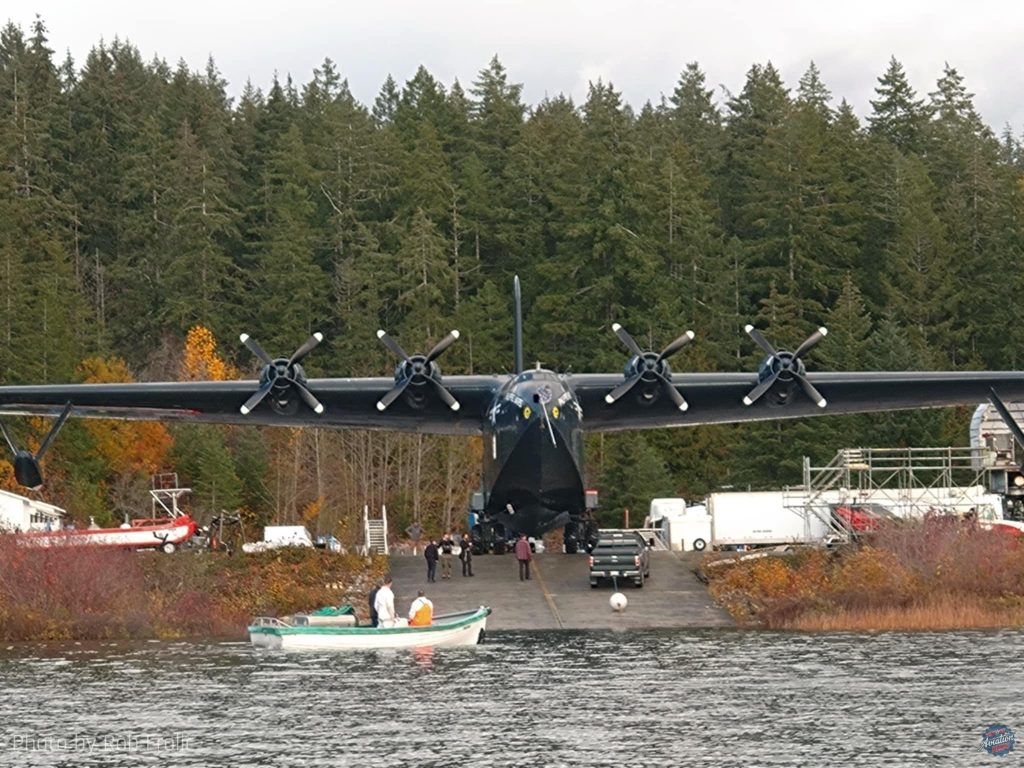
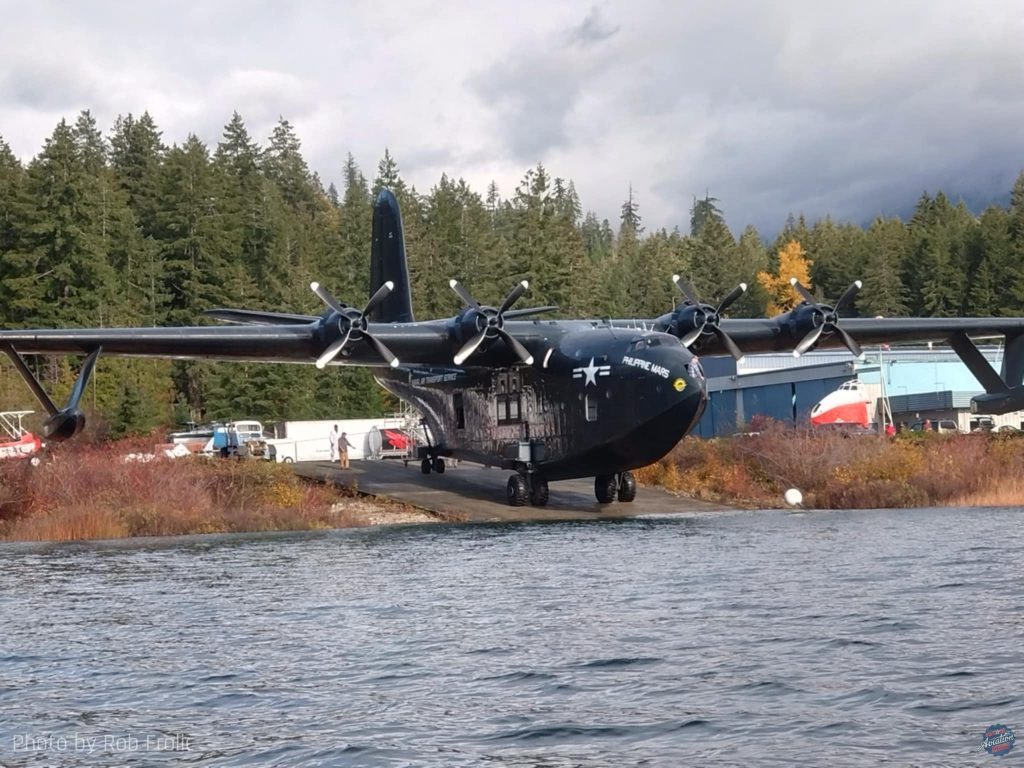
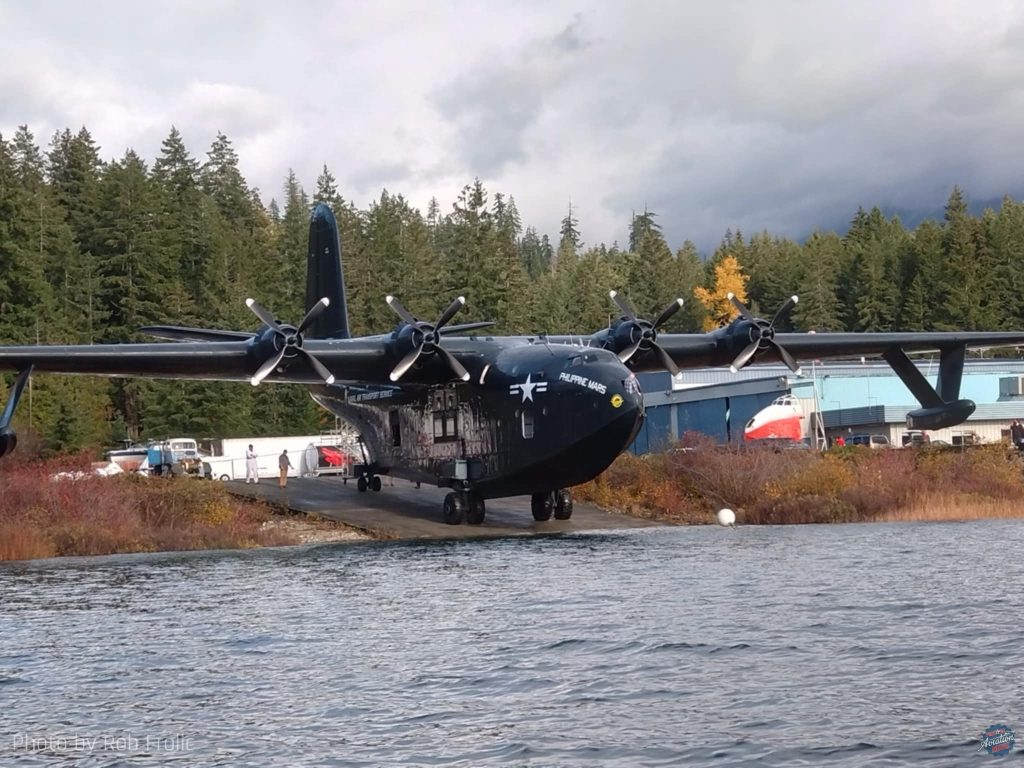
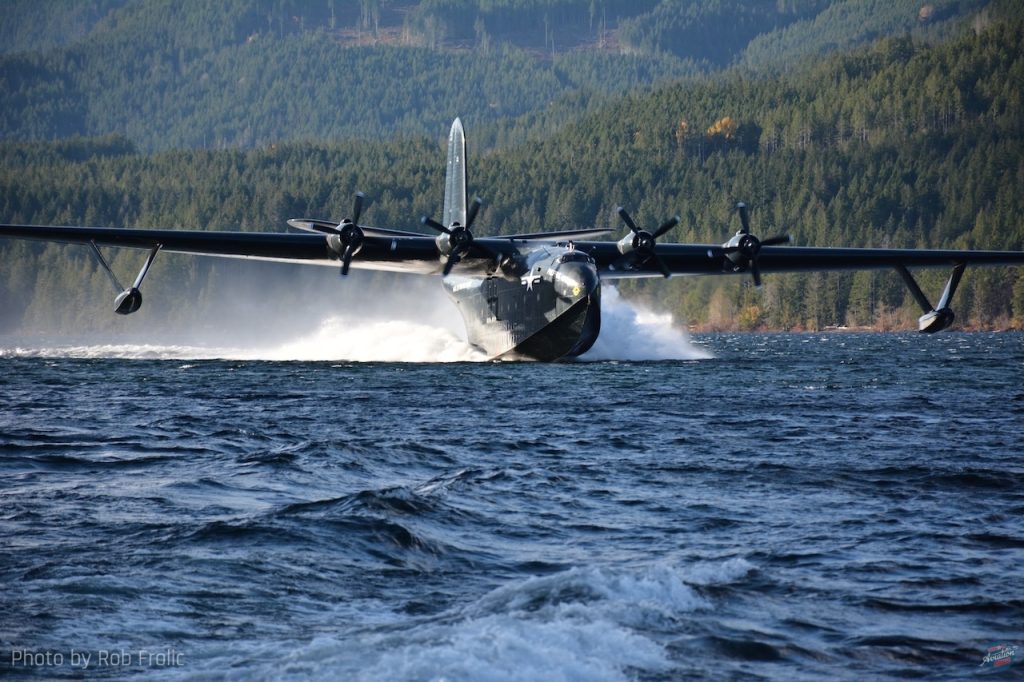
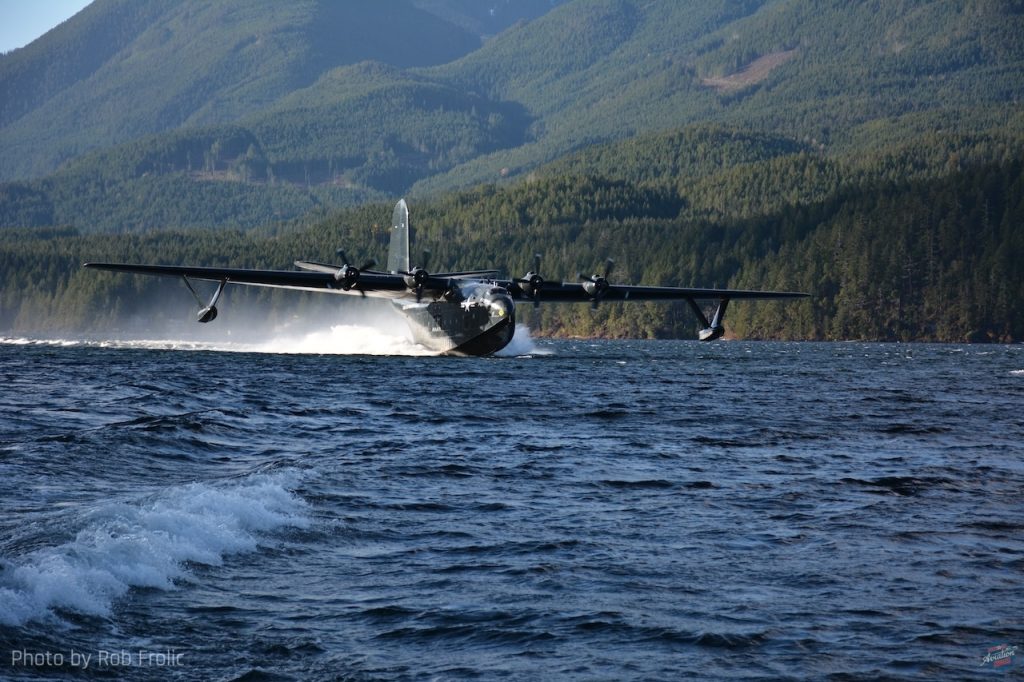
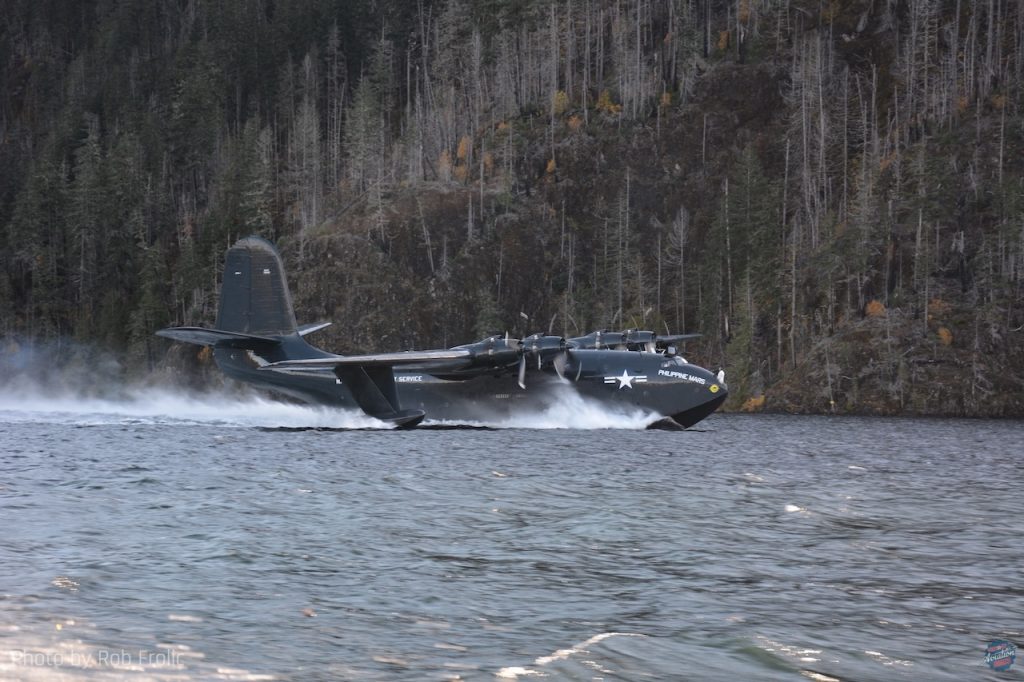
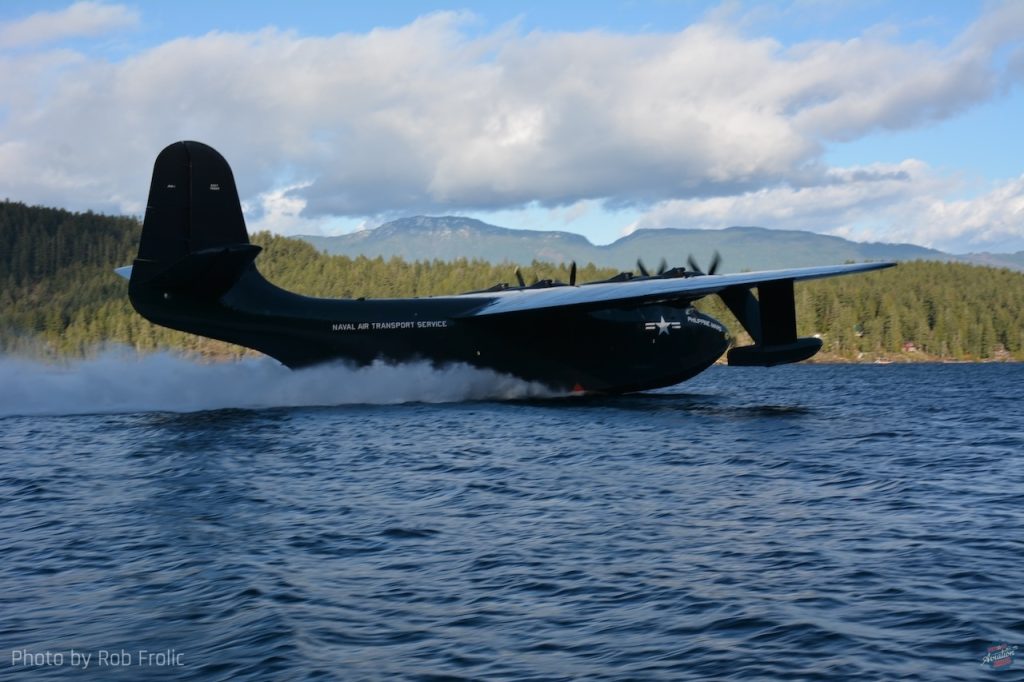

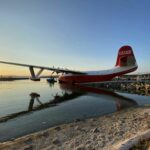

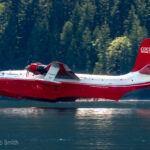
![Additional Taxi Tests For The Hawaii Mars [VIDEO] 15 Martin Mars Heath Moffatt Photo 667 copy](https://vintageaviationnews.com/wp-content/uploads/Martin-Mars_-Heath-Moffatt-Photo-667-copy-150x150.jpg)
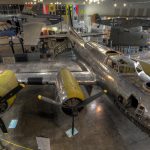

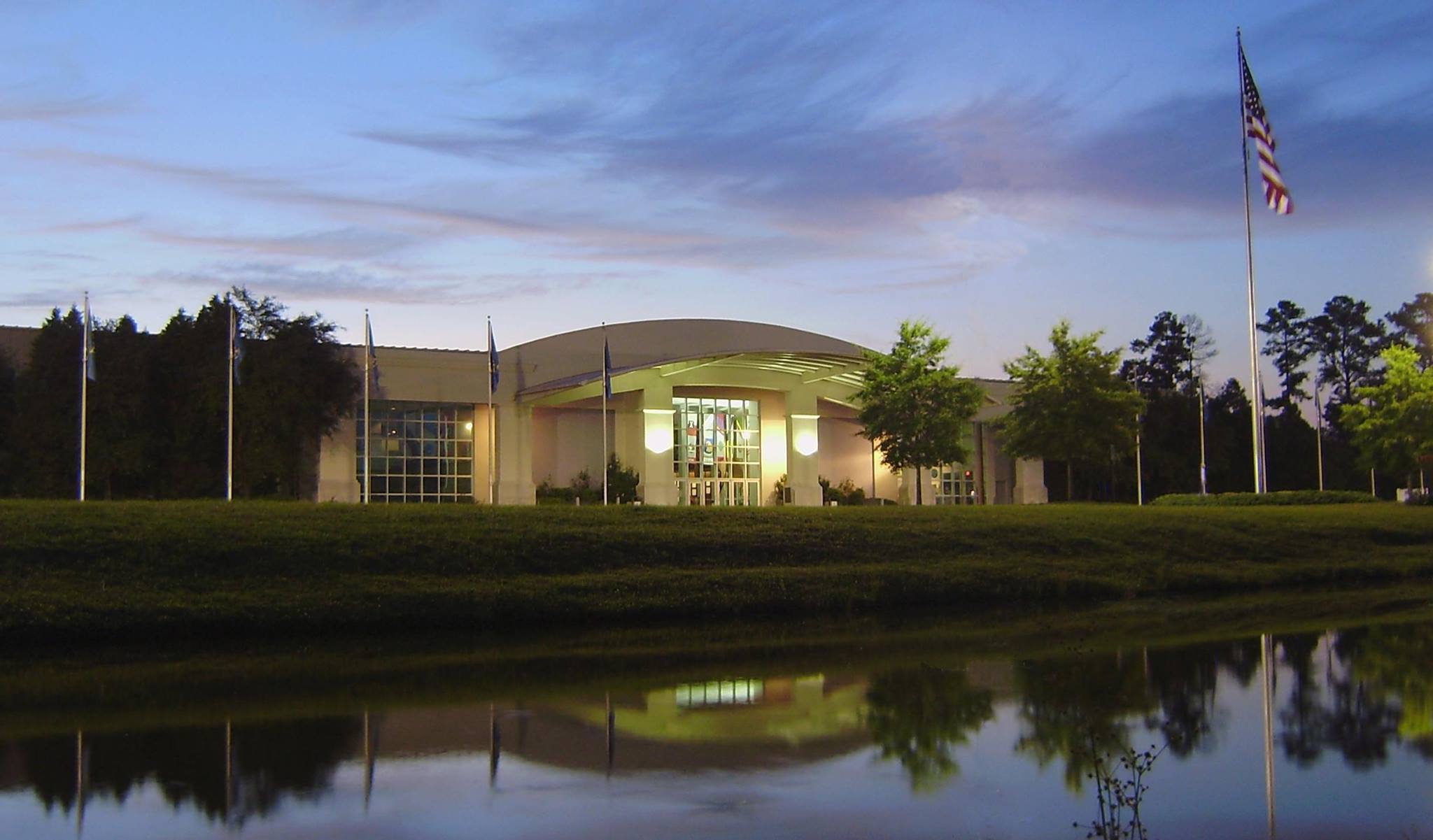
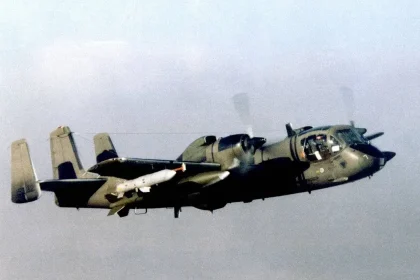
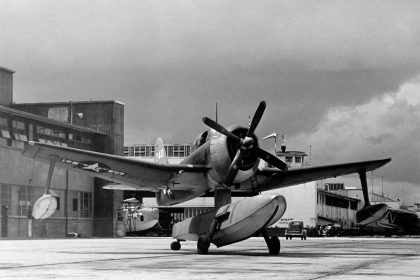
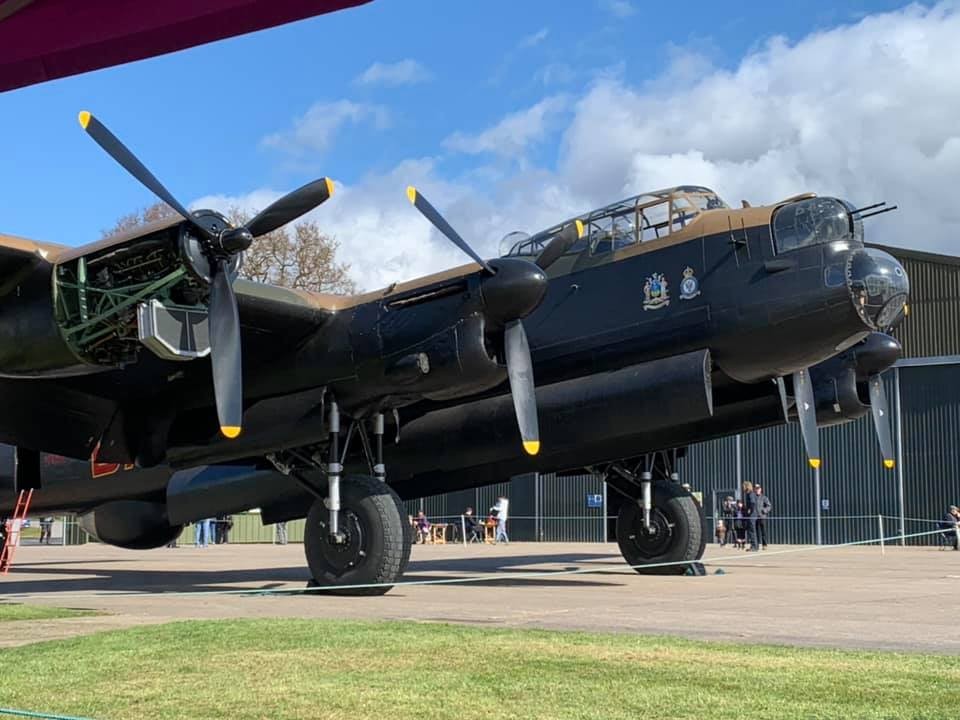
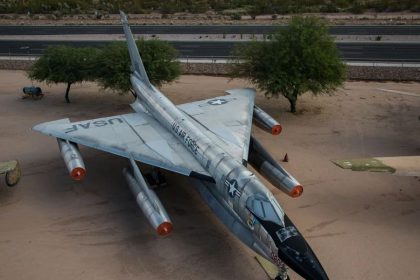


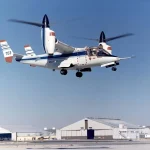
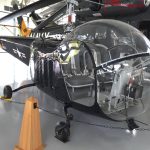
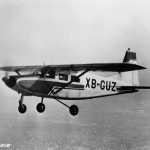
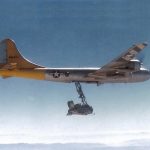


Sad to see best in class water bombers going out to pasture. Now we fight fires with dinky toys.
Where will this aircraft land in Arizona? There are no lakes or reservoirs close to Tucson, where Pima Air Museum is located.
… before making its final flight to Lake Roosevelt in Arizona, the largest water body in Arizona and the nearest body of water capable of handling the arrival of the large air tanker before its delivery to the Pima Air and Space Museum near Tucson, Arizona. (from another website)
The other website is wrong.
The November 2024 issue of FlyPast magazine has a substantial article on the Mars, mostly about arranging the deal with the BC Aviation Museum to take Hawaii Mars plus a bit about the leader of the effort discussing keeping Phillipine Mars in the Alberni Valley. No surprise paying for a facility was the barrier.
Cover price is C$17. I found it at Superstore in Langford BC, people might also check SaveOnFoods stores as One near me has any magazines including aviation ones. (owner Jim Pattison has a magazine distribution company).